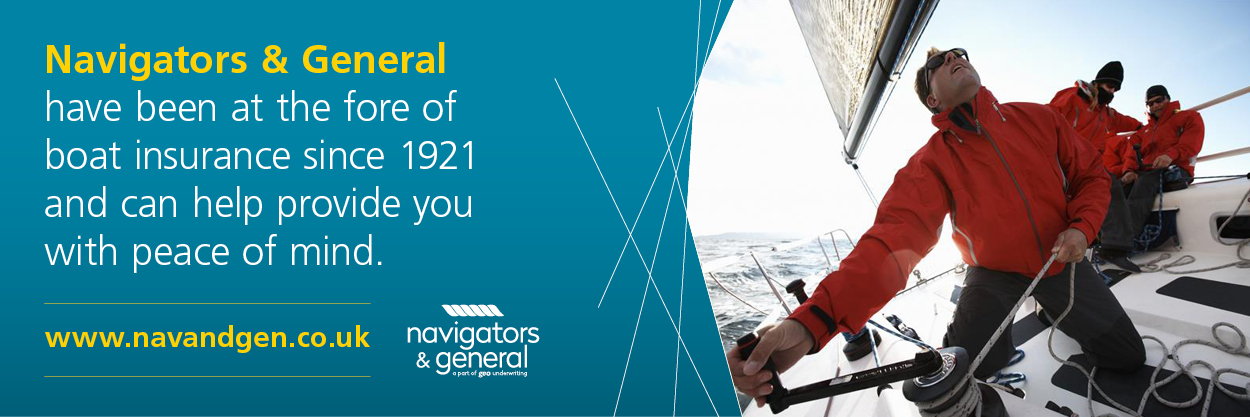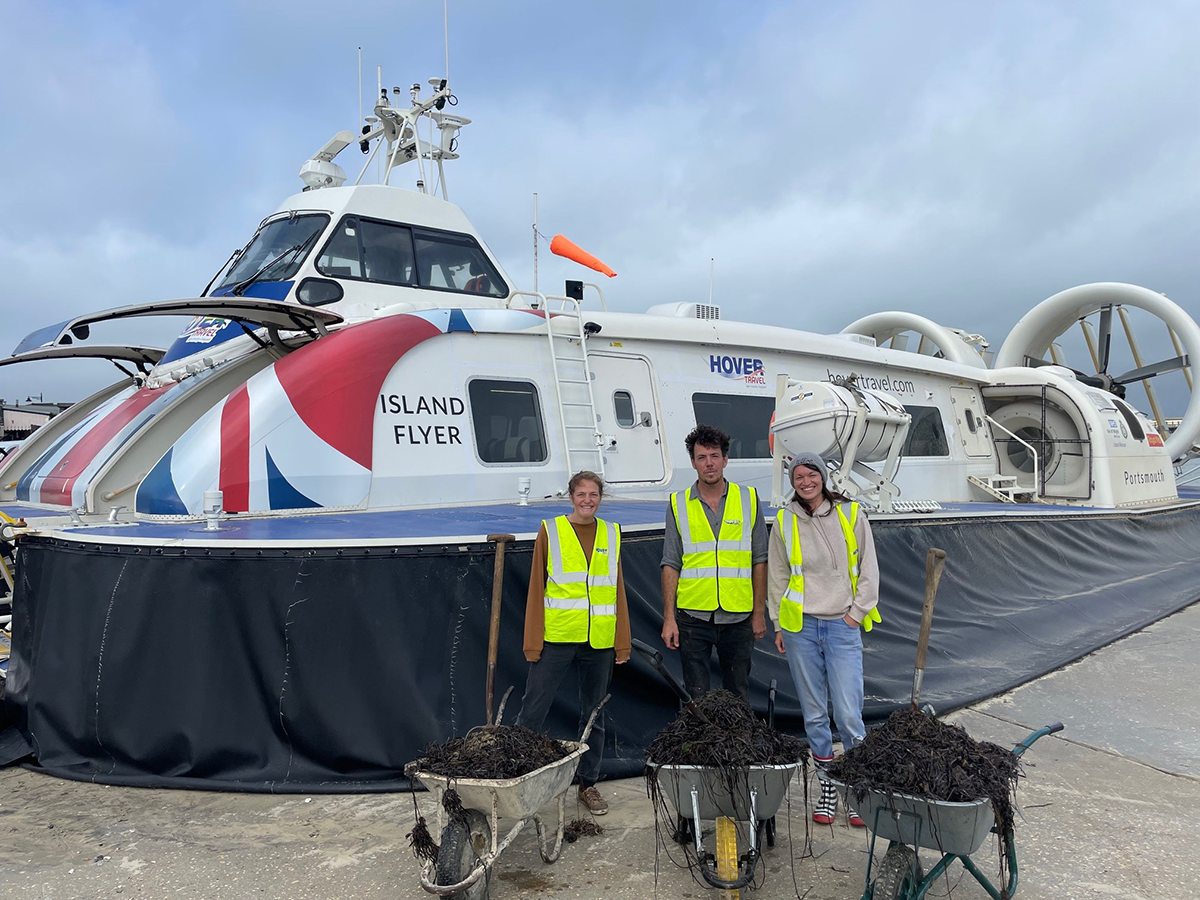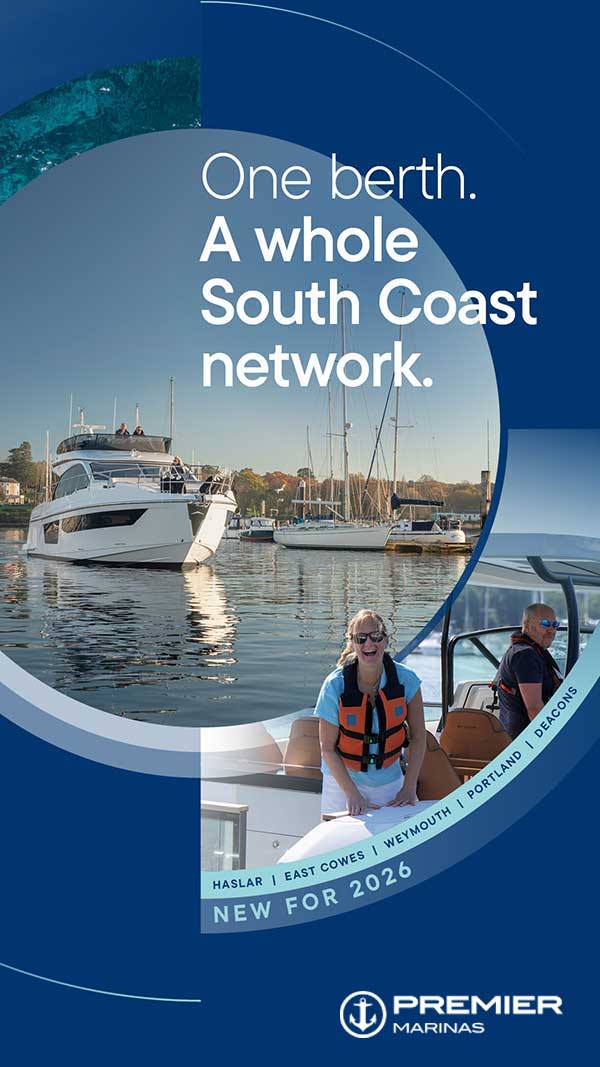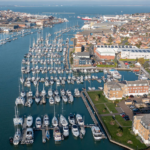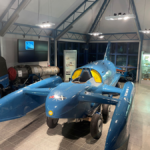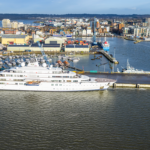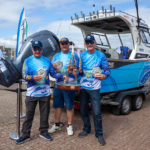Hovertravel has announced that it has made seaweed collected at its Ryde Hoverport available to local organisations, including The Stonelands Project of Niton Undercliff, as part of its ongoing commitment to environmental stewardship and community collaboration.
Loretta Lale, Head of Marketing at Hovertravel, said: “We are committed to reducing waste and supporting our local communities. When seaweed comes onto the pad at Ryde, our terminal staff clean it promptly from the passenger areas for safety and comfort. It’s wonderful to see it being used in ways that benefit the environment and help young people on the island.”
Seaweed is periodically deposited onto the hovercraft landing pad at Ryde Hoverport due to tidal action and sea movements. Strong currents and wind can sweep seaweed ashore, and high tides may deposit it up onto the pad. While it does not interfere with safe operations, wind and waves can wash the seaweed onto the pad, particularly around the edges and it collects in less exposed areas.
Terminal staff regularly and proactively clean the pad and adjacent areas used by passengers to ensure the comfort of travellers. The seaweed is removed from walkway and waiting areas so that passengers are not inconvenienced. However, rather than dispose of this natural material, Hovertravel has for several years offered it for collection by local agricultural organisations.
One of the beneficiaries is The Stonelands Project, based in Niton Undercliff. The Stonelands Project works to support young people who have become disengaged or are struggling, offering agricultural work, mentoring and a sense of community. The project grows its own fruit and vegetables, operates work-experience and day-programmes, and aims to build confidence, purpose and restoration through its faith-based work.
Josh Osborn from The Stonelands Project adds: “We are so grateful to Hovertravel for letting us collect seaweed from their launch pad and are thankful for how amazingly helpful and kind all the staff have been. We will use the seaweed soon (once the rain has washed it a little) as a mulch in our polytunnel and on some of our outside vegetable growing beds. We have used seaweed in the past and it helps the plants so much – you can almost see them growing! It can be quite hard to grow truly organically and seaweed is an invaluable source of nutrients and trace elements for the soil that can be hard to get elsewhere. The young people who volunteer at Stonelands and I will enjoy spreading the seaweed and will look forward to an abundant harvest next year. Thank you!”






